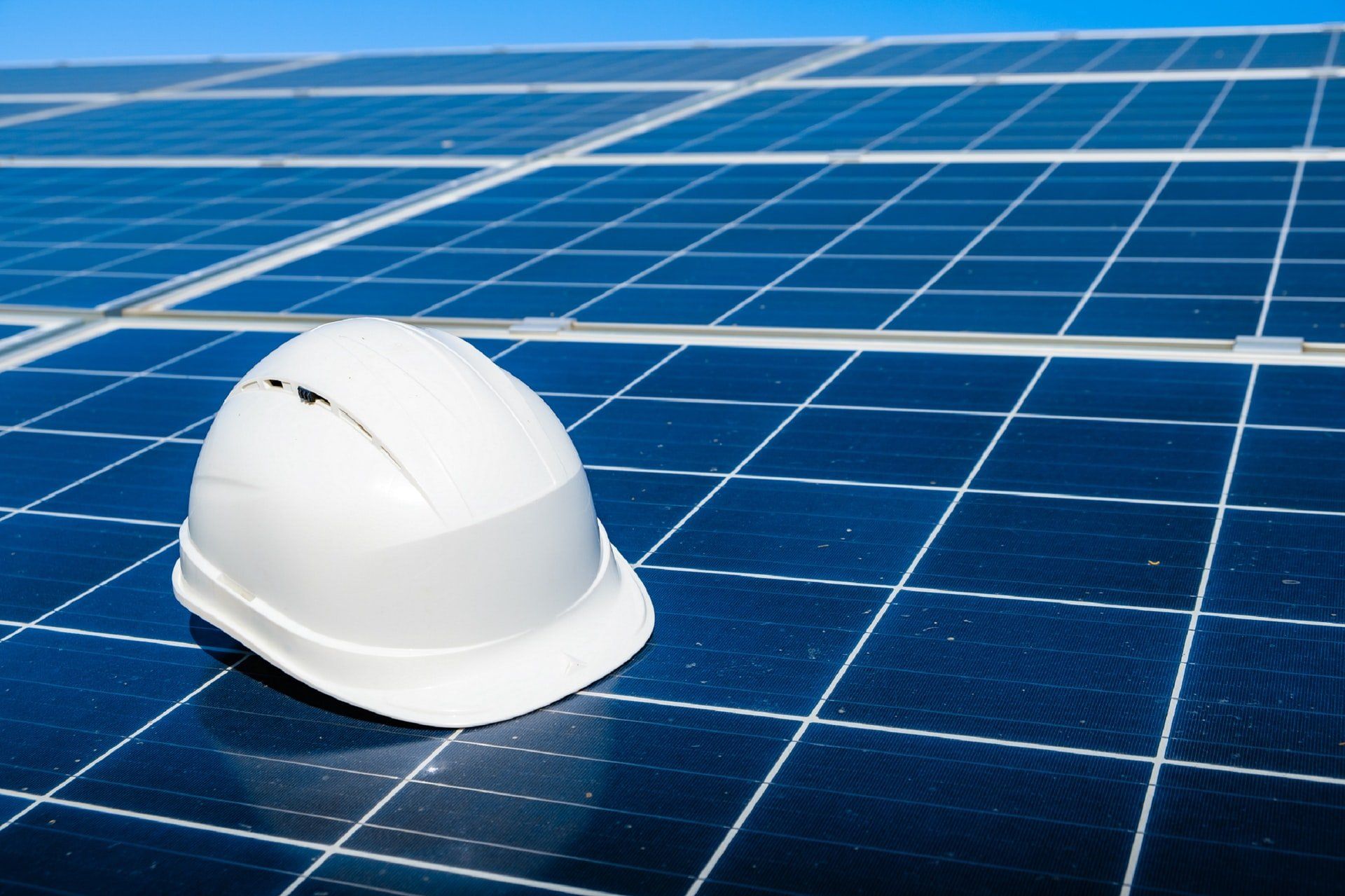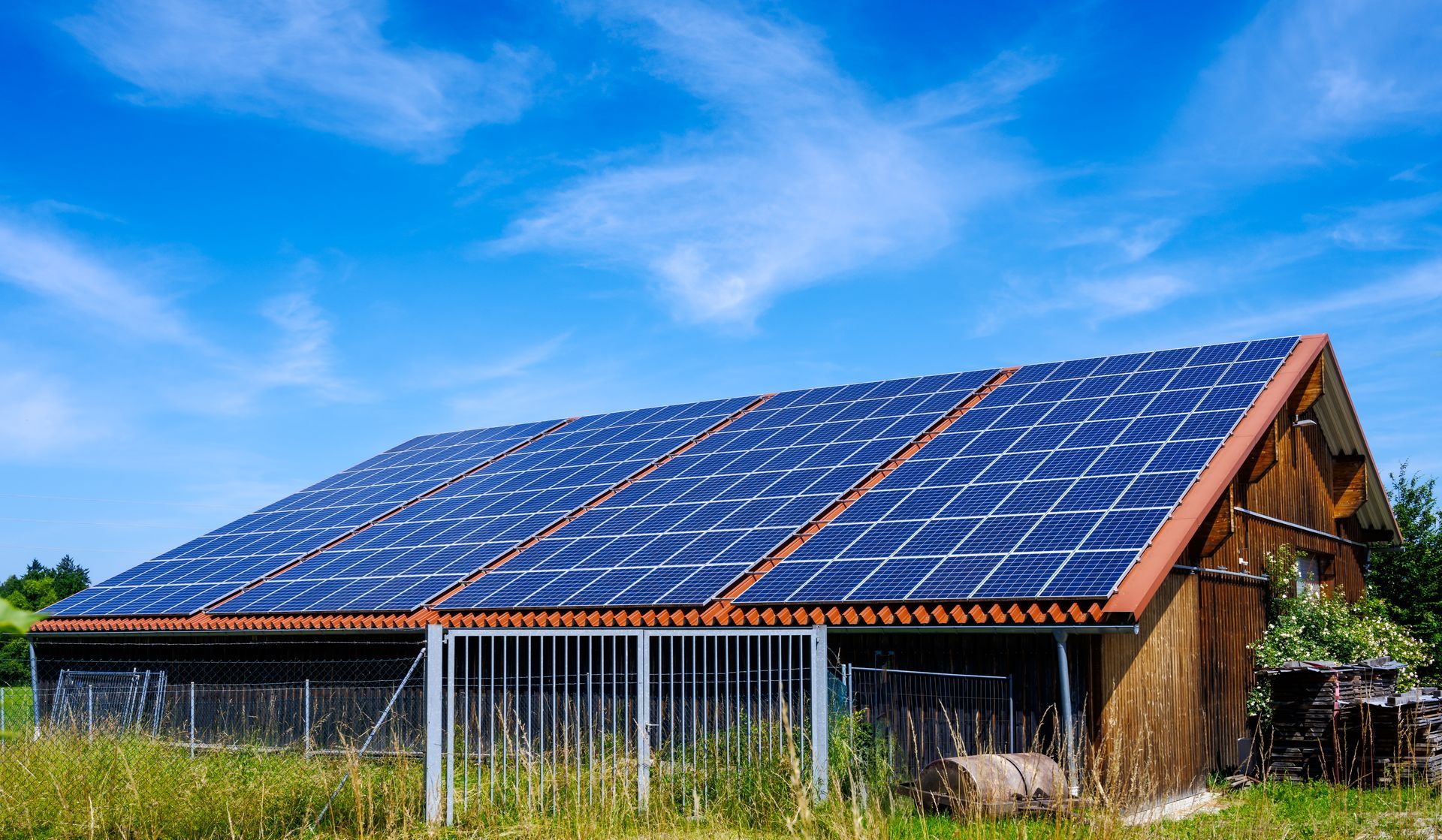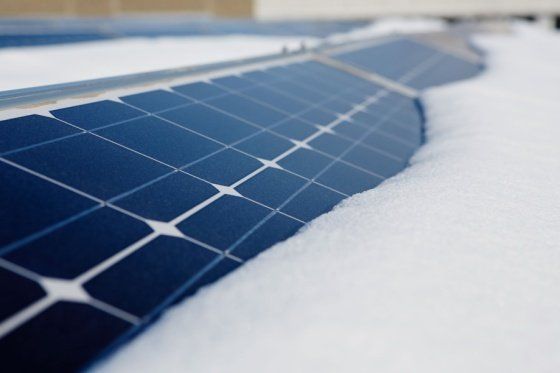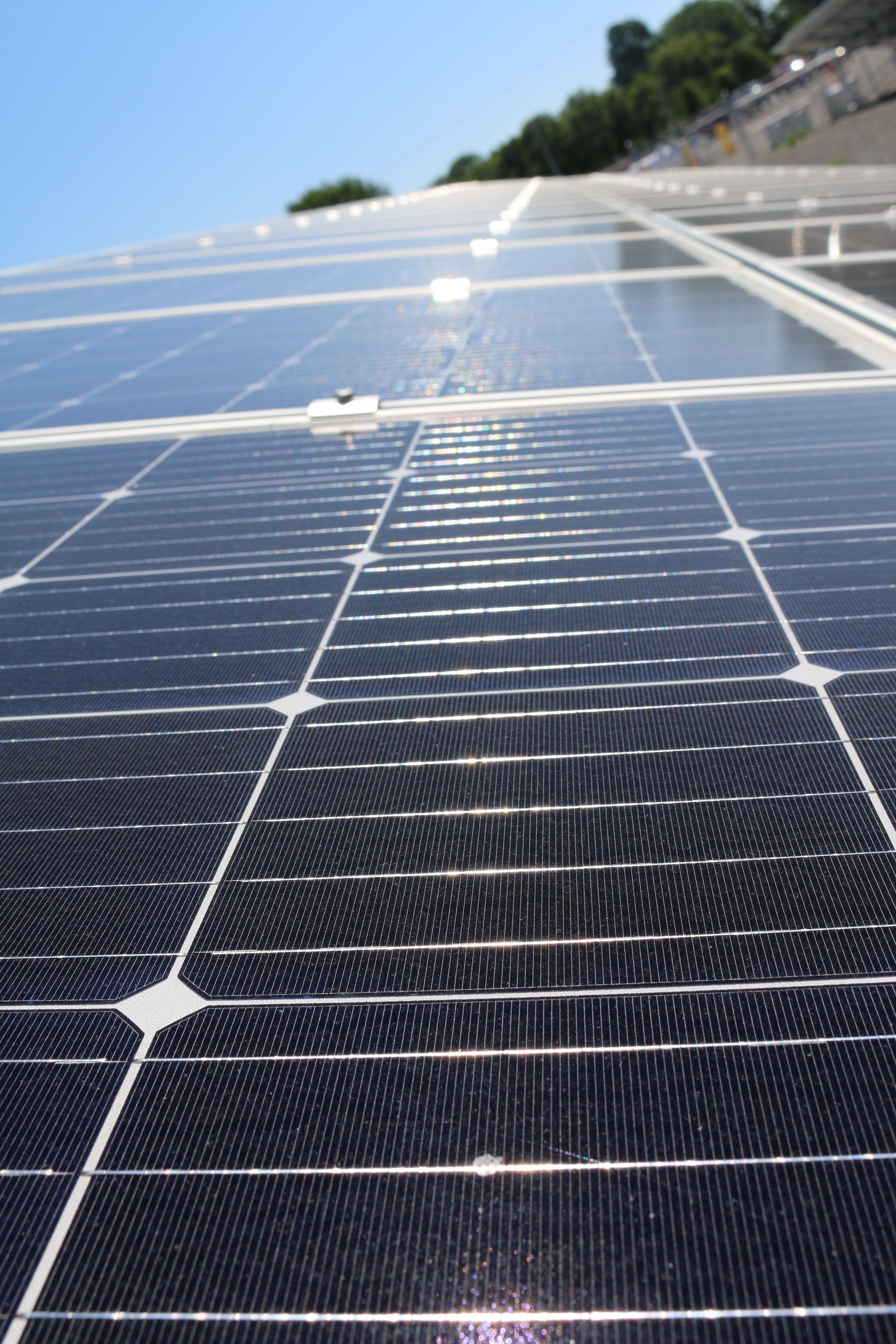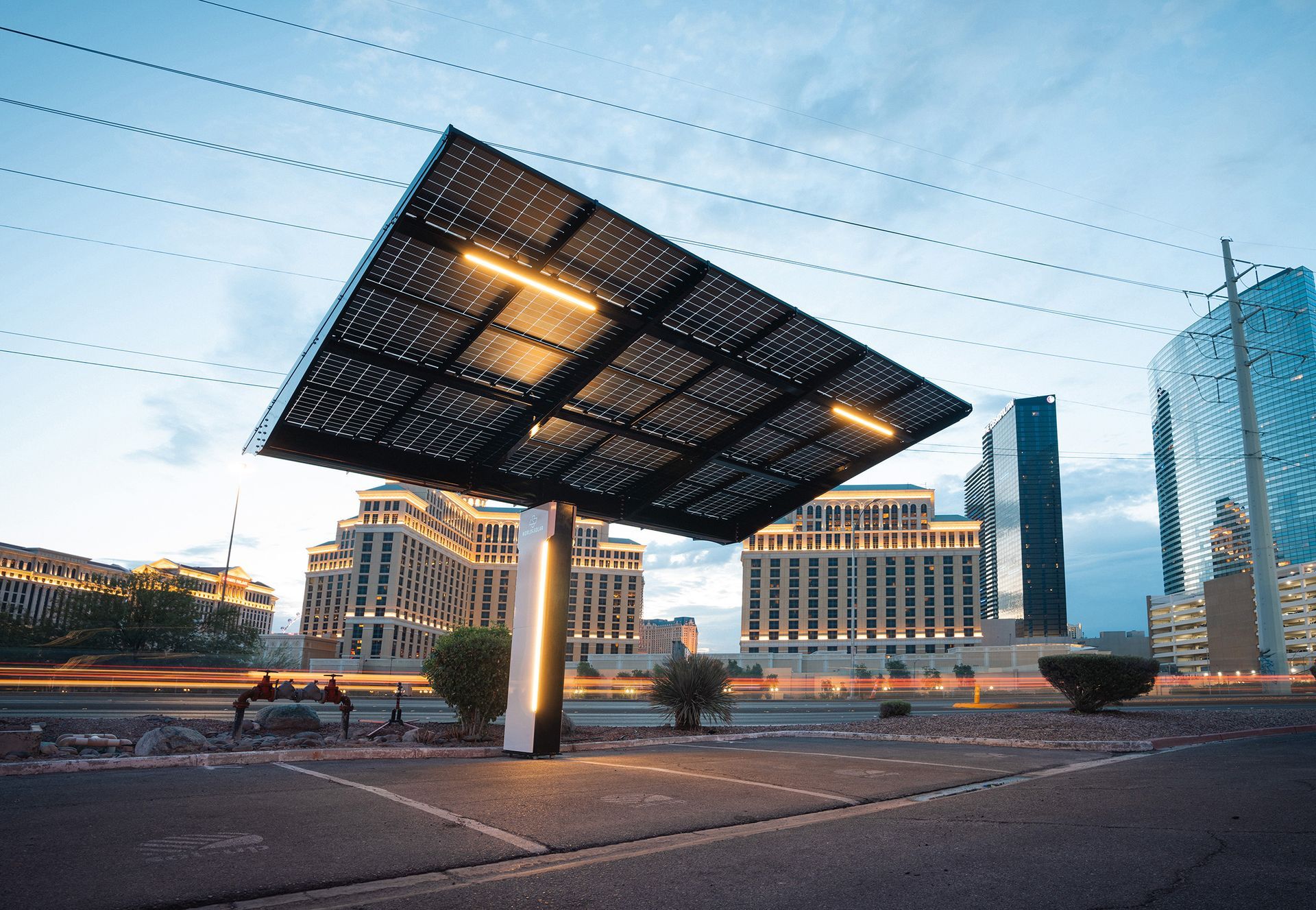What Makes Solar Energy Sustainable?
During discussions about solar energy, you’ll often hear the word “sustainable” — a term that you may also hear associated with wind and other forms of green energy. But what does this mean, exactly? Here’s what makes solar power a truly sustainable energy source.
The Definition of Sustainability
Sustainability is generally defined as the ability to maintain a resource at a consistent rate. This term has since been adopted in reference to various environmental efforts — the idea that ecological balance can be maintained for the planet by avoiding the depletion of the Earth’s limited natural resources.
Solar Energy and Sustainability
Materials such as fossil fuels require significant effort to extract from within the planet. Fossil fuels aren’t naturally available everywhere, and it is known that there is a limited supply available. Eventually, they will run out. On the other hand, sunlight is accessible everywhere on the planet. Sunlight is endlessly renewable — converting sunlight into energy with solar panels isn’t going to diminish the supply of energy from the sun. It never runs out, and producing electricity with solar doesn’t harm the planet, either.
Solar energy is, by definition, an excellent source of sustainable power. Whether using it for your home or business, you can have confidence that the use of solar energy won’t have a negative impact on the planet, even while it has a positive impact on your monthly utility bills.


